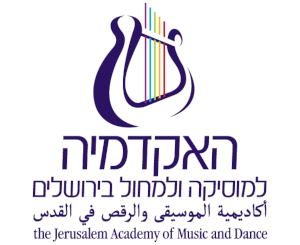Music skills – music theory and aural training
Elementary theory:
1. Pitch and notation (keys, notes, bars).
2. Ascending and descending intervals (pure, large, small, augmented, diminished) and their inversions. Consonance and dissonance.
3. Single-voice chromatic dictation, two-voice diatonic dictation.
4. Measures and rhythms of different kinds.
5. Triads (major, minor, augmented, diminished, inversion of triads, triads in the scale), seventh chords (dominant, major, minor, diminished, augmented and their inversions).
6. Transformation.
7. Basic music terms (dynamic, tempo, articulation, form, texture, etc).
Solfeggio:
1. Singing and identifying intervals, modes, scales, triads and their inversions, rhythmic patterns, seventh chords and their inversions.
2. Sight reading diatonic and chromatic tunes in different rhythms.
Foundations of harmony and counterpoint:
1. Harmonizing a given soprano and a given bass into four voices.
2. Writing a counterpoint for a given tune.
3. Analyzing a brief excerpt from a Classical or Romantic musical work..
Aural training examination:
The aim is to examine the applicants' familiarity with musical literature. In the examination, the applicants will be asked to identify the work and the composer, and add any other information that they choose.
Instrument examination:
Applicants must prepare a work in which they will be asked to show a reasonable standard of piano skills (for example, the two-part inventions by J.S. Bach, Chopin preludes, Schubert waltzes, etc).
Works that you have written:
Applicants may attach their own pieces and works, attesting to their creative skill and ability.

